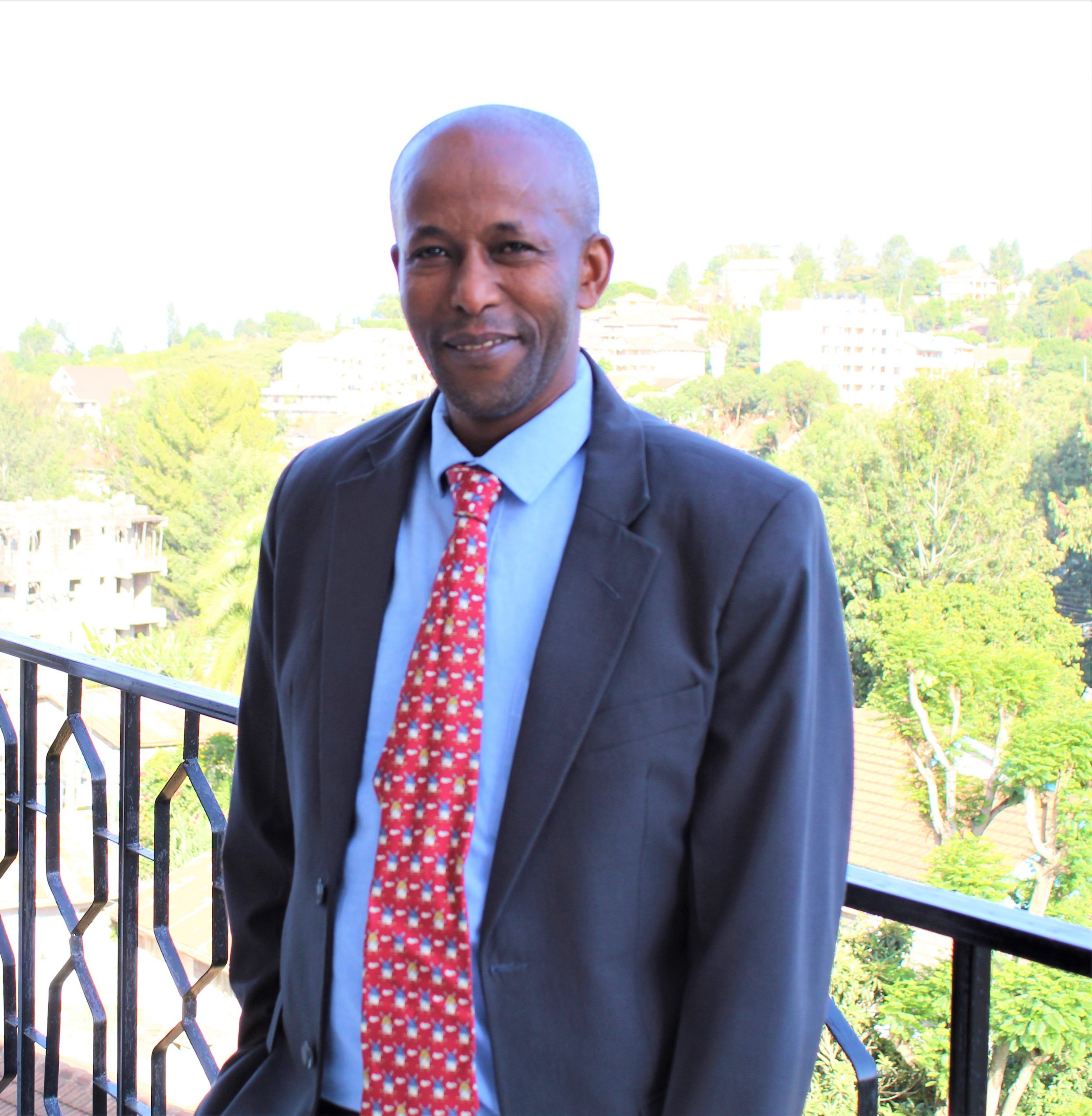With the pursuance of Linguistics at the first and second degree, I developed the needed expertise to warrant the name a linguist. With the competencies of English and Swahili, both international languages, coupled with expertise in mother-language (name withheld to desist from negative ethnic bias), and with additional acquisition of basic French and Italian (basic communication, reading and ability to translate texts from these last two languages), the expertise was well-founded. The wide array of use in English and Swahili in teaching (at all levels of formal Kenyan education) and tutoring in over 70 Catholic religious congregations, engagement with key publishers notably (Pauline’s East Africa & Claretian Publishers), as well as work in translations, proof-reading and publishing, for the last 30 years, has accrued high levels of experience. The bias towards religious institutions is informed by three issues: brought up by highly religious parents in a highly religious family, additional pursuance of Philosophy and Religious Studies (Basic Theology) at the University level, and interest in the social work done by religious institutions. Notable achievements include being a lead linguist in the translation of the African Bible (Pauline Publishers), conjoint writing of the English training manuals (elementary, intermediate and advanced) for Tangaza University College, and over three years’ experience in translating and editing the Bible Diary (Claretian Publishers).
Interactions with different learners, exposed psychological needs leading to further educational search. Learners have needs that linguistics alone cannot solve. This prompted me to seek postgraduate studies in psychology. This contributed largely towards a more comprehensive accompaniment to my students. Among the needed interventions were the use of individual and group therapy, group facilitations, and the use of counselling skills to communicate and journey with the clients. I have also carried out psychological assessments for members of religious congregations.
Over time, an additional need arose. A realization that charity though good, is not enough in sustainable individual and societal empowerment, invited knowledge and competencies in sociology. The entire Civil Society (NGOs, FBOs and CBOs) are a major contributor towards empowering communities. They deal with among other issues, interrogating policies and good governance, keeping governments on toes on matters of accountability and transparency, and working towards the realization of functional democracies. They also work on community empowerment programmes. They supplement the provision of basic needs of community members, as they create awareness, provide startups, monitoring, and scaling up of Income Generating Activities, as well as their contribution towards corporate social responsibility. They are notable partners in education, mainly to the marginalised.
With linguistics, psychology, and sociology, coupled with linkages with the Civil Society organizations, I feel equipped to reach out to the marginalised, and contribute to the individual and societal wellness. The experiences that I have encountered, can and should certainly allow me to non-biasely interrogate leadership and the deliverability of requirements/promises, interact positively with the academia, mingle with communities and individuals, all geared towards life and environmental improvement. Desisting from formal, full-time employment, that may in many ways limit my operations, I feel ever ready to interact with like-minded persons, companies and organizations, including governments that have Africa as their center of concern.


